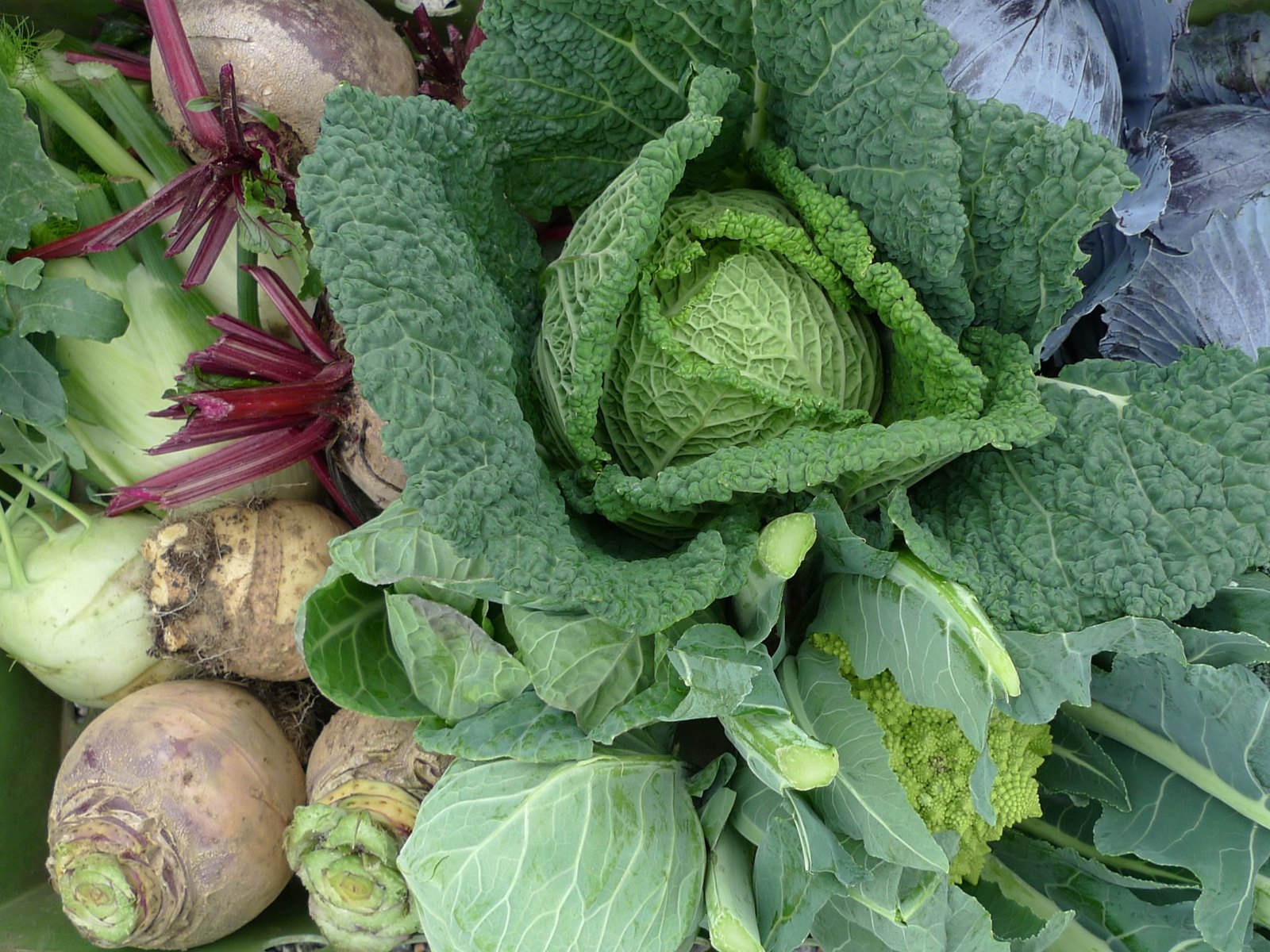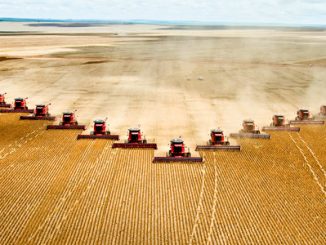
A recent study from Cranfield University, published in Nature Communications, claims that Greenhouse Gas (GHG) emissions would increase in England and Wales, were these two countries to convert to 100% organic. This is because without dietary change, imports into England and Wales would increase.
“…reduced outputs would mean that more imports would be required to maintain food supplies. This major expansion in agricultural cultivation overseas to make up for domestic supply shortfalls would lead to increased GHG emissions from the associated land use changes.”
So while “organic farming generally creates lower GHG emissions per commodity, up to 20% lower for crops and 4% for livestock”, according to one of the paper’s authors Dr. Laurence Smith, without dietary change, imports from less GHG efficient locations than England and Wales could see GHG emissions rising.
Dietary Change
The presumption written into the calculations of no dietary change – no reduction of food waste or meat consumption, for example – in a context of climate breakdown is a big caveat.
There are incongruous predictions at present – EU targets for GHG reductions sit alongside fossil fuel industry plans to increase output by 7 million barrels a day.
Similarly, there are predictions for the western diet, especially heavy in meat and dairy, to expand around the world. Like the fossil fuel figures, these don’t work with the idea of rapidly dealing with climate breakdown.
Most organic advocates suggest organic can feed the world, provided it’s accompanied by dietary change and reduced food waste. Indeed the recent research by Dr. Pierre-Marie Aubert, is telling in this regard. He found that with a shift over to increased fruit, veg and fibre, and reduced meat and milk, Europe could feed itself used “agroecological” (essentially organic) methods. This would, he claims, see better health, a maintained export capacity, a reduced global food footprint and a 40% reduction in agricultural GHG emissions.
Less efficient imports from the rest of Europe? Really?
The presumption that imported foods will have a poorer GHG performance than English and Welsh food is also worth unpacking. Much of this import figure comes from the EU, which, inevitably, will be impacted by Brexit, tariffs, and UK trade deals with non-EU countries.
It’s also curious as to how other EU countries are considered less GHG efficient, when the export and GHG performance of for example Ireland and the Netherlands are taken into account. Ireland has the most efficient per kilo/litre score for dairy, in terms of GHG efficiency – how will importing diary from Ireland into England and Wales have a worse performance?
There are of course different ways to measure – per hectare, absolute and per kg emissions, as these two reports (here and also here) on Ireland’s emissions show: nevertheless, for England and Wales, much of the rest of the EU scores similarly on these measures.
Remember emissions actually reduced in England and Wales in the organic scenario, but increased because of imports. So the meaning of the entire paper, and how it’s been presented in the media, pivots around this crucial, but conjecture-based imports issue.
Business-as-usual cannot carry on long term
In a context of pollutions (ammonia, nitrogen, phosphorus) the negative impacts of biodcides on biodiversity, antimicrobial resistance, animal welfare considerations and more, it is increasingly likely that more restrictions will be placed on conventional production.
This is likely to impact the yield gap between the two – when organic scores so well in biodiversity terms ,for example, conventional will end up with some of the same rules and restrictions of organic. See this example of efficient CAP spending on biodiversity
Indeed much of the yield gap is defined by how we manage these sorts of “externalities”: the impact of conventional pork production on ammonia pollution is a particular concern.
Ammonia Pollution | The role of CAP and Northern Ireland’s State Funders
Imagine an Organic World
Meanwhile, the yield-gap with organic is sometimes very small – it really depends on the sector, and how restricted conventional farming is. See here on page six for example, where the yield gap between organic and conventional is tiny in milk produced in the Netherlands.
It is also the case that its whole systems approaches – for example, comparing US confined feeding with many hundreds of cattle, to extensive livestock farming in general (organic or conventional) is where the biggest yield gaps occur. By and large, for livestock and diary in England, Wales and much of Europe, systems used are extensive when compared to industralised countries outside of the EU.
These and related considerations are covered in the longer article below.
How is Organic Farming Both Better and Worse for the Climate?
In organic can take time to increase, as the impacts of agroecological techniques take time to embed, while organic yield is more resilient in extreme weather.
Meat makes for quirky reading in this paper. Pork and poultry are very different in yield and GHG efficiency terms, with the outdoor element mitigating against organic. So pork and poultry consumption levels have a massive impact on this study. For a complex methodological reason, the authors presume a massive – 61% – increase in sheep meat production in their 100% organic scenario.
Here’s a crucial thing that these authors are simply not equipped to understand: in a 100% organic scenario, the entire agri-food system’s R&D would be devoted to organic farming. And yet, it’s only in the coming years that organic adapted seeds (“heterogenous materials”) are to be allowed onto the market, following the new organic regulation finally being agreed in 2017.
So organic farmers have had to try to work with seeds from or within the production style of conventional breeding programmes until now. This in not how to promote maximised yield in organic farming and growing.
Imagine the yield a 100% supported organic system could reach? A system that focused all its energies into building an organic agri-food world? We can only imagine.
Further reading
Click on the button to load the content from www.organicwithoutboundaries.bio.
Organic Outflanked? Conventional, Biological and Regenerative Challenge(r)s




